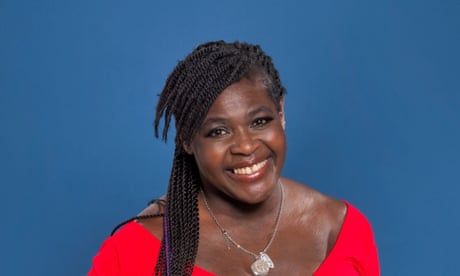
The space scientist, 56, talks about science and diversity, being made a Barbie, dyslexia and why she told Jools Holland we’d encounter aliens by the end of the year
I said we’d find evidence of alien life by the end of 2024. But I said that when I was on Jools Holland’s Hootenanny, and my thinking was that if I said something outlandish they’d invite me back – if only to humiliate me. I’m sure alien life does exist. It’s just a numbers game. But we probably won’t get confirmation of it in the next three months.
Science starts out as magic. I’m fascinated by things that seem intangible in the moment, and I like to think of magic as a science that we don’t understand yet. Sometimes beliefs just don’t stand up against the rigorous investigation needed for something to be science, but I think the wonder inherent to magic is needed to get there in the first place. It’s why so much of science fiction becomes science fact – why the telecommunication devices of Star Trek became today’s mobile phones. It’s important for scientists to think beyond
The universe doesn’t scare me. Words do. I’m dyslexic and it takes me ages to start writing books and hit deadlines, because I’m so scared I’m going to get things wrong. I know a lot of people who are terrified by time and space – it makes them feel small and insignificant. And I’ll concede that it can be daunting stuff. I much prefer to see the wonder in being part of it at all. But the terror I feel teetering on the edge of the black hole, trying to start writing? That keeps me awake at night.
Scientists need humility. We need to be able to accept being wrong. If scientists can’t accept that possibility, then the scientific method doesn’t work. Sometimes science that turns out to be wrong was right based on the evidence of the time. Astronomy is a great example.
Continue reading...